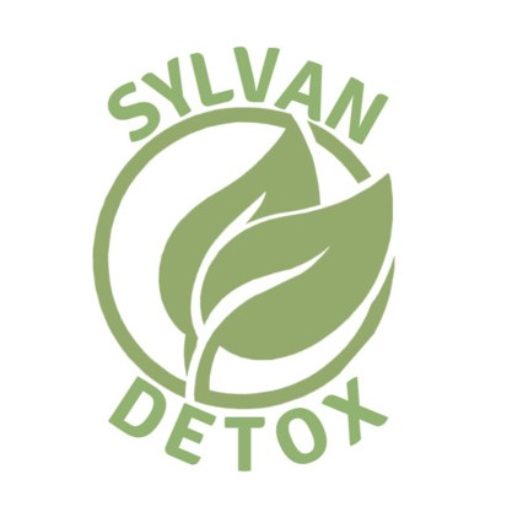Cognitive Behavioral Therapy
What is CBT?
Cognitive behavioral therapy is a type of treatment found in clinical psychology that is effective in treating a range of mental health issues including:
- Depression
- Anxiety disorder
- Post-traumatic stress disorder
- Alcohol abuse and alcohol addiction
- Drug abuse and drug addiction
- Eating disorder
- Severe mental illness
The cognitive-behavioral approach is based upon core principles like:
- Psychological problems are based on disordered thought patterns and learned patterns of unhelpful or self-destructive behavior
- People in mental health treatment and addiction recovery can, through behavioral treatments, learn new coping skills and behaviors that will improve their lives
- By understanding motivations and behaviors, evaluating thoughts rationally, developing greater self-confidence, and using problem-solving skills, a person is capable of changing their thought patterns
- By facing one’s fears, preparing ahead of time for potentially problematic interactions with others, and learning to calm the mind and relax the body, a person can change behavioral patterns
CBT techniques focus on what is currently happening in a person’s life instead of the events that have led to their difficulties, with the primary focus on moving forward and developing effective strategies for living a good and healthy life in the future.
Cognitive Distortions
A cognitive distortion is a thought pattern that is exaggerated or irrational, causing the person experiencing these thoughts to perceive reality in an inaccurate way. This may include thoughts like “I’m so stupid, I should quit” after failing one exam, or “He is late, he must have died in a car crash.”
This type of disordered thinking often accompanies depression or anxiety and comes from an internalized fear, worry, or pain, and through negative thinking, patterns ends up reinforcing negative emotions and thoughts as they interpret incorrect meanings in other people’s actions and words, or events they have been through. Common cognitive distortions are:
- Polarized thinking or all-or-nothing thinking
- Overgeneralization
- Assuming the worst or catastrophizing
- Taking things personally
- Mind reading or assuming you know what another person is thinking
- Mental filtering, ignoring positives, and only focusing on the negatives
- “Should” statements that cause guilt or shame
- Emotional reasoning, or the belief that emotions are true
- Labeling, or categorizing yourself and others as one reductive label like “loser” or “failure”
Cognitive-behavioral therapy (CBT) challenges and changes cognitive distortions by identifying and interrupting the thoughts, reframing the situation, and changing the unhealthy pattern.
Cognitive Behavioral Therapy and Addiction
One of the most popular addiction therapies is CBT for substance abuse. It is found in nearly every treatment facility because it is very effective for many patients. Cognitive-behavioral therapies can provide strategies to avoid alcohol or drug use by helping change the way patients think, feel, and view themselves, while behavioral treatments modify the way they react to stress and other patterns of behavior that would trigger a relapse.
CBT for substance abuse also deals with the conflicted behavior that patients undergo, as they know they “shouldn’t” be going through with the addictive behaviors, but they engage in the behavior anyway, leading to upsetting and distressing emotions on top of the addiction. By identifying triggers, cognitive-behavioral therapy for substance use disorders can help patients change their thoughts, adopt a more realistic point of view, and start making changes to their actions, rewarding positive behaviors and stopping negative ones.
When it comes to addiction treatment using cognitive behavioral therapy (CBT), you may seek treatment in an inpatient rehab clinic or on an outpatient basis while in addiction treatment in an intensive outpatient program, partial hospitalization outpatient rehab, or online therapy for substance abuse treatment. Cognitive behavior treatments are useful in all forms of drug addiction rehab.
At Sylvan Detox, we have inpatient treatments like:
- Medical detox and medication-assisted treatment plans
- Dual diagnosis for substance use disorders with co-occurring disorders like bipolar disorder, eating disorder, PTSD, panic disorder, etc.
- Contingency management, sober living, life skills, and relapse prevention programs
- CBT for addictions, as well as dialectical behavioral therapy
- Evidence-based drug abuse, drug rehab, and alcoholism treatment plans
- Holistic therapy techniques
This is only a small sample of what is offered at Sylvan Detox. You or your loved ones can call our inpatient treatment center today to find out if your insurance covers substance abuse treatment if you want to learn more about using cognitive behavioral therapy (CBT) to treat addictions, or if you want to get started on your own substance abuse treatment program. We are available 24 hours a day to take your call.
Call Now
(818) 308-3099
Our hotline is available 24/7 to assist you and your loved ones. Call Now!
